Breast cancer remains one of the leading health concerns for women worldwide, impacting millions each year. While various factors contribute to cancer development, diet plays a crucial role in prevention.
A well-balanced diet rich in certain foods can significantly reduce the risk of breast cancer by boosting the immune system and combating inflammation.
In this article, we will explore 50 foods that have been shown to help prevent breast cancer. By incorporating these foods into your daily meals, you can take proactive steps towards a healthier lifestyle and potentially reduce your risk of developing this disease.
Let’s dive into the world of nutrition and discover the powerful foods that can safeguard your health.
1. Broccoli
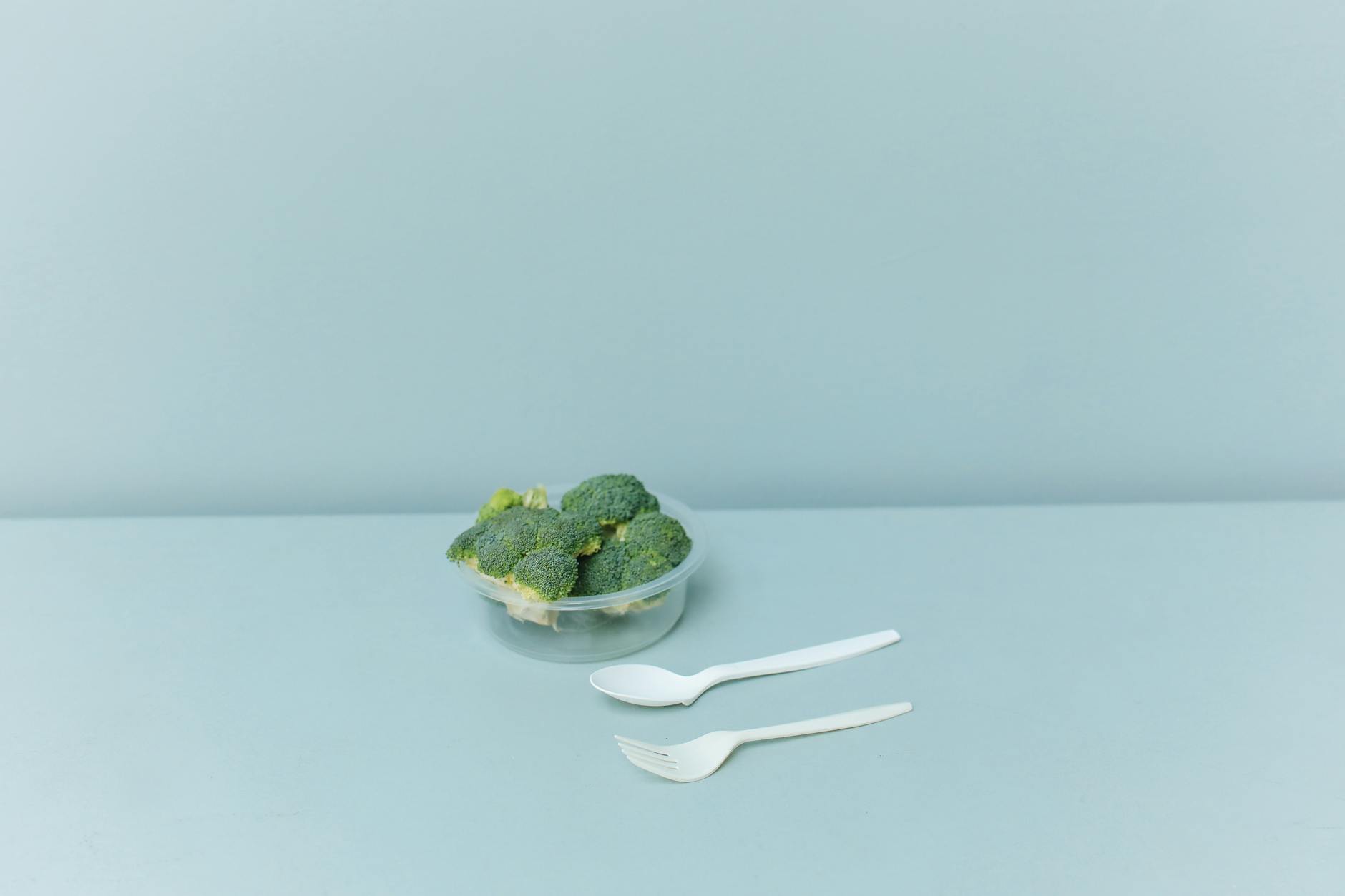
Broccoli, a member of the cruciferous vegetable family, is renowned for its cancer-fighting properties. It contains high levels of sulforaphane, a compound that has been studied for its ability to inhibit cancer cell growth and stimulate detoxifying enzymes.
Research has shown that diets rich in broccoli and other cruciferous vegetables are linked to a reduced risk of breast cancer.
This powerhouse vegetable not only helps in neutralizing harmful carcinogens but also assists in boosting the body’s defense mechanisms against cancer.
Incorporating broccoli into your meals can be a delicious and effective way to enhance your diet and protect your health.
2. Blueberries
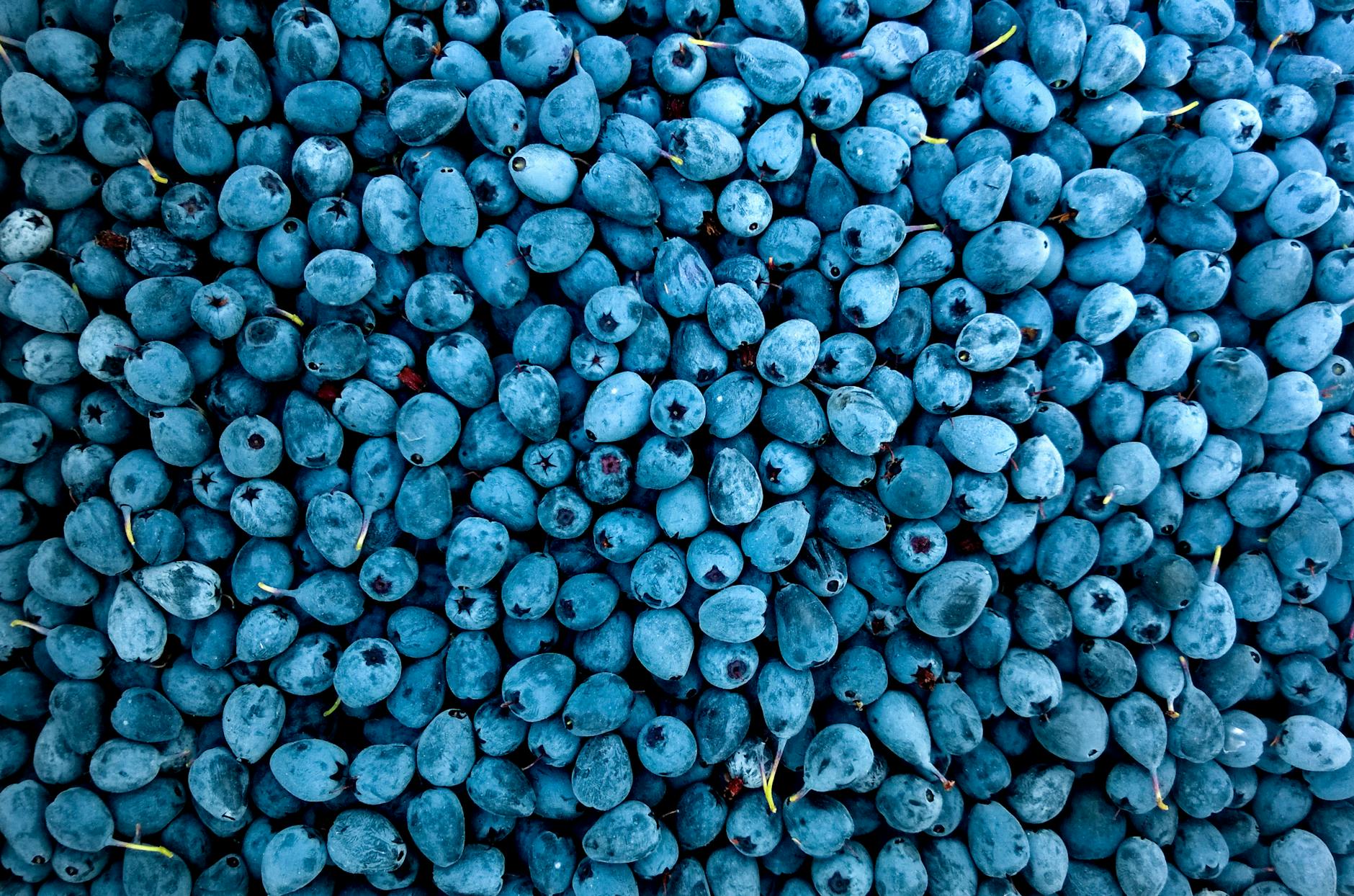
Blueberries are celebrated for their high antioxidant content, which plays a vital role in protecting cells from oxidative stress and damage. These tiny berries are packed with flavonoids, particularly anthocyanins, which give them their vibrant color and potent health benefits.
Studies have highlighted that the antioxidants in blueberries can help reduce the risk of breast cancer by neutralizing free radicals and preventing DNA damage.
Incorporating a handful of blueberries into your daily diet can provide a delicious way to fortify your body’s defenses against cancer, while also enjoying a sweet and nutritious snack.
3. Walnuts
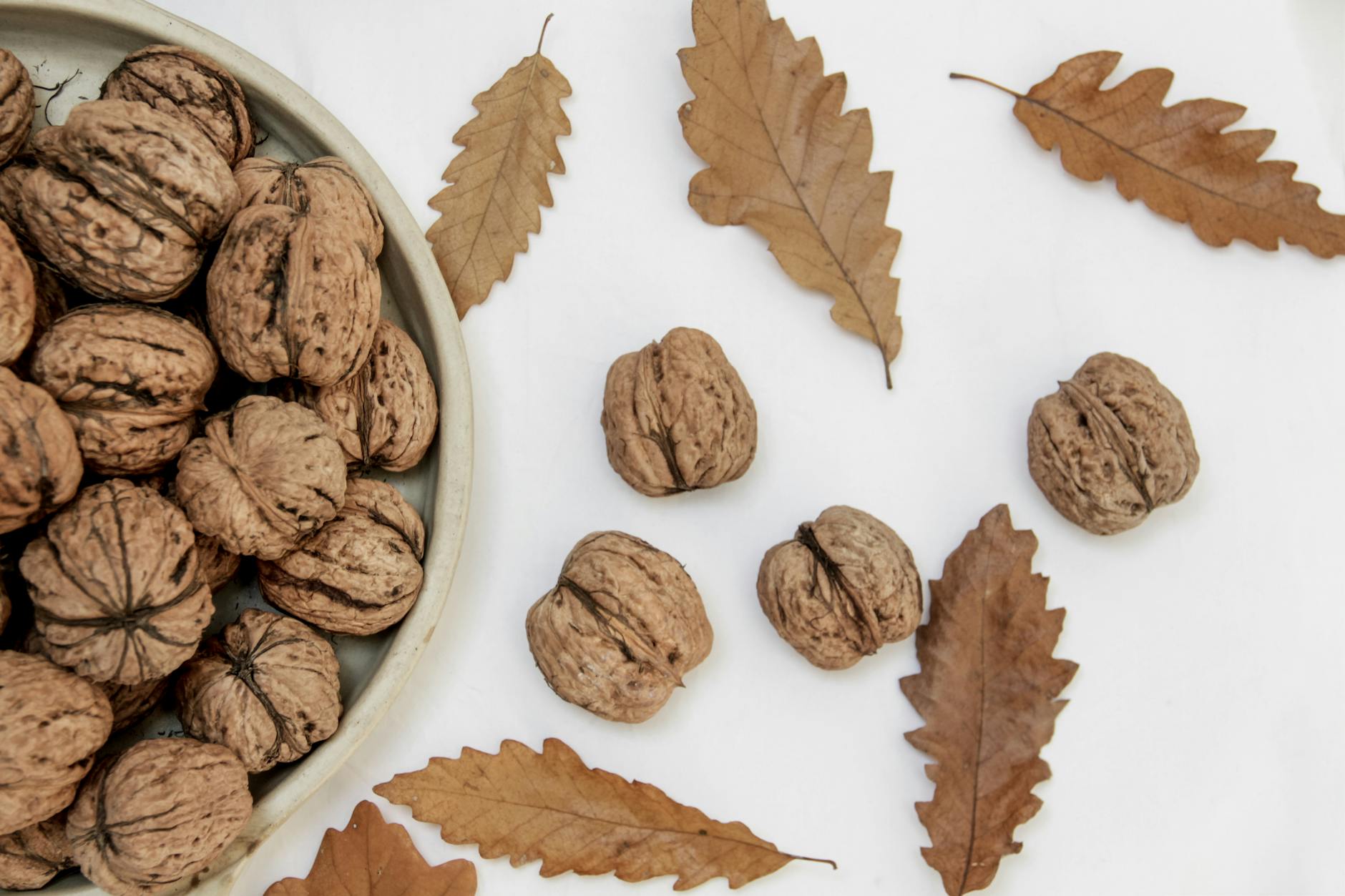
Walnuts are a rich source of omega-3 fatty acids, which are known for their heart-healthy benefits and potential to slow the growth of cancer cells. Scientific research has shown that these fatty acids can help reduce inflammation and inhibit tumor growth.
In addition to omega-3s, walnuts contain other beneficial compounds such as antioxidants and phytosterols, which further contribute to their cancer-fighting properties.
Incorporating walnuts into your diet, whether as a snack or added to salads and dishes, can be an excellent way to harness their health benefits and potentially reduce the risk of breast cancer.
4. Spinach

Spinach is a nutritional powerhouse, rich in vitamins, minerals, and flavonoids that contribute to cancer prevention. This leafy green is particularly high in vitamin A, vitamin C, and folate, all of which play significant roles in maintaining cellular health and enhancing immune function.
The flavonoids present in spinach act as antioxidants, protecting cells from damage and reducing inflammation.
Studies suggest that regular consumption of spinach can lower the risk of breast cancer by providing essential nutrients that support the body’s natural defense mechanisms.
Including spinach in your meals is a simple yet effective way to bolster your diet against cancer.
5. Turmeric
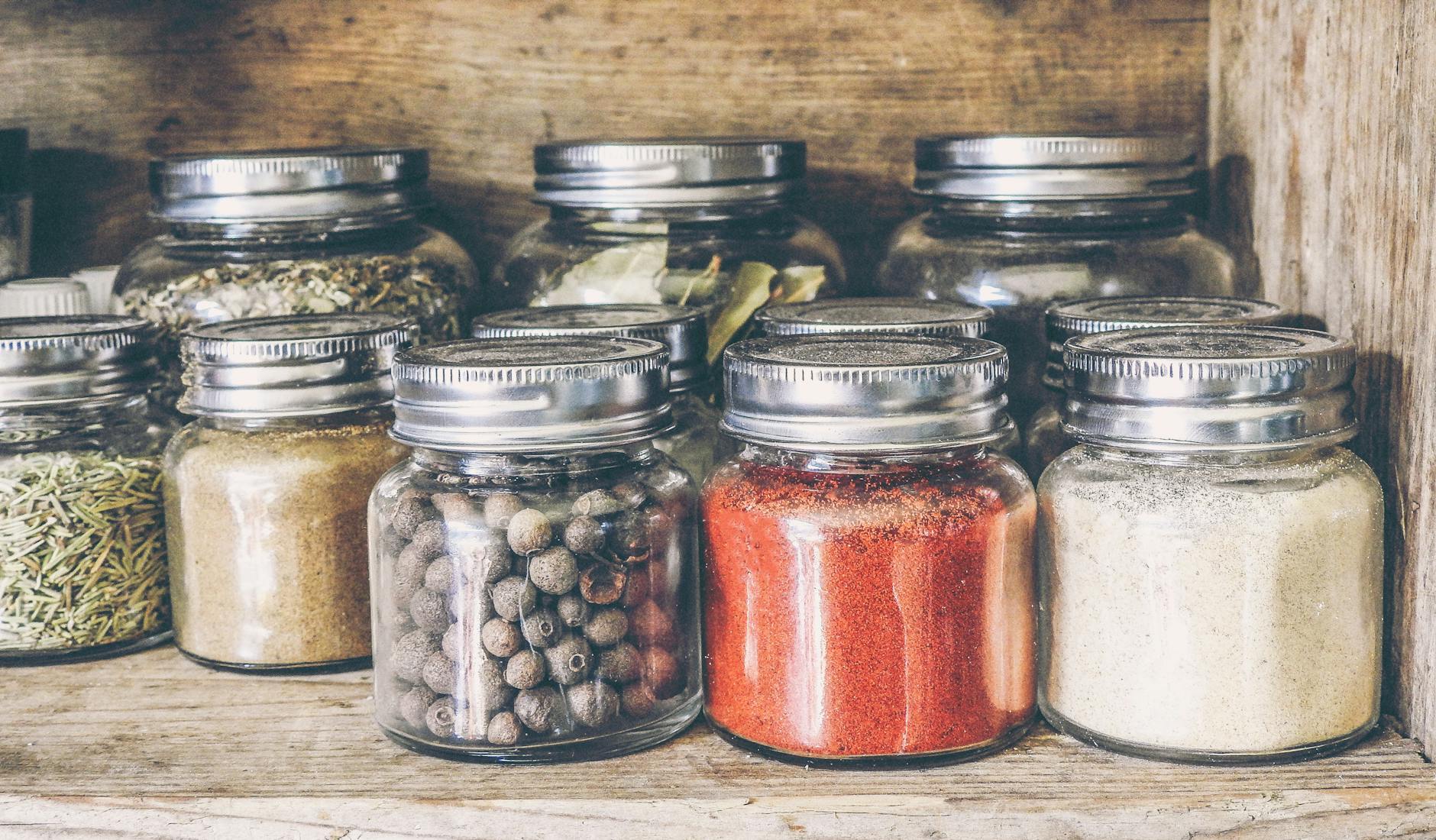
Turmeric, a golden spice commonly used in cooking, contains curcumin, a powerful compound known for its anti-inflammatory and anti-cancer properties. Clinical studies have demonstrated that curcumin can inhibit the growth of cancer cells and prevent the spread of tumors.
Its ability to reduce inflammation and oxidative stress makes it a valuable addition to a cancer-preventive diet.
By incorporating turmeric into your cooking, whether in curries, soups, or smoothies, you can take advantage of its health benefits and potentially reduce the risk of breast cancer while adding a flavorful touch to your dishes.
6. Tomatoes

Tomatoes are rich in lycopene, a potent antioxidant that gives them their vibrant red color. Lycopene has been extensively studied for its ability to protect cells from oxidative damage and its potential role in lowering cancer risk.
Research indicates that a diet high in lycopene can reduce the risk of breast cancer by neutralizing harmful free radicals and supporting cellular health.
Incorporating tomatoes into your meals, whether fresh, cooked, or as part of sauces, can be a delicious and effective way to benefit from their protective properties and enhance your overall health.
7. Garlic
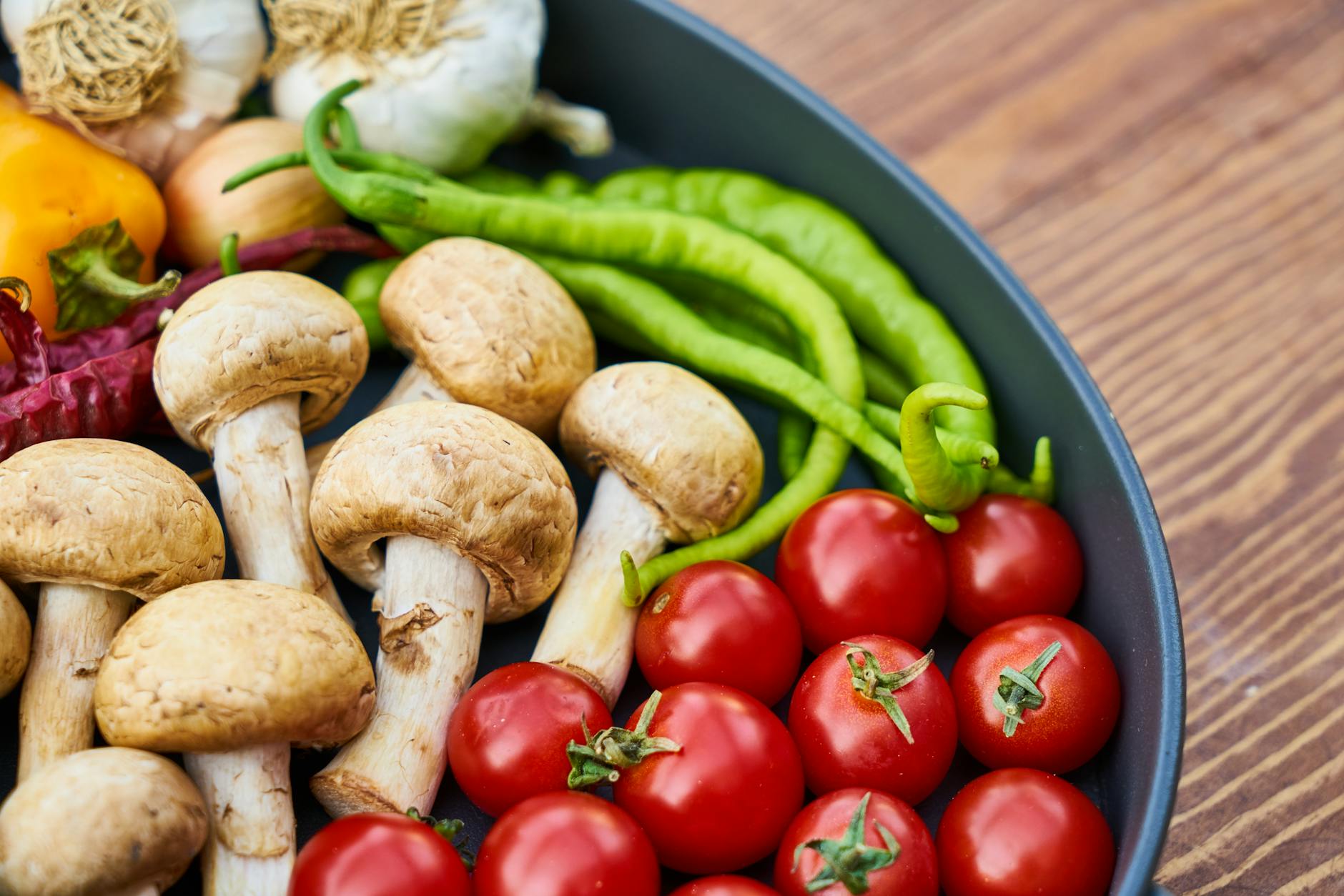
Garlic has been valued for its medicinal properties for centuries, and modern science continues to support its health benefits. It contains allicin, a compound known for its potential to combat cancer by inhibiting the growth of cancer cells and inducing apoptosis.
Garlic’s anti-inflammatory and antimicrobial properties also contribute to its role in cancer prevention.
Historically, garlic has been used in various traditional medicine practices to enhance immunity and ward off diseases.
Adding garlic to your diet, whether raw or cooked, can provide a flavorful way to harness its protective benefits and potentially reduce the risk of breast cancer.
8. Green Tea

Green tea is widely celebrated for its high content of catechins, powerful antioxidants that have been extensively studied for their role in cancer prevention. These compounds help to neutralize free radicals and protect cells from oxidative damage.
Research has shown that regular consumption of green tea may lower the risk of developing breast cancer by inhibiting tumor growth and reducing inflammation.
Incorporating a few cups of green tea into your daily routine can not only offer a refreshing beverage choice but also provide significant health benefits that support your body’s natural defenses against cancer.
9. Flaxseeds

Flaxseeds are a rich source of lignans, phytoestrogens that have been shown to play a role in reducing cancer risk. These compounds can mimic and modulate the body’s natural estrogen levels, potentially lowering the risk of hormone-related cancers like breast cancer.
Scientific evidence supports the consumption of flaxseeds as a dietary strategy to inhibit tumor growth and improve overall health.
Adding ground flaxseeds to your smoothies, yogurt, or baked goods can be an easy and effective way to incorporate their cancer-fighting properties into your diet and support long-term well-being.
10. Pomegranates

Pomegranates are celebrated for their rich content of antioxidants, particularly punicalagins and anthocyanins, which are known for their potential impact on cancer prevention. These antioxidants work by neutralizing free radicals and reducing oxidative stress, which can lead to cell damage.
Research suggests that the compounds in pomegranates may inhibit the growth of cancer cells and prevent the spread of tumors.
Incorporating pomegranate seeds or juice into your diet can provide a delicious way to enjoy these health benefits, while also adding a burst of flavor and color to your meals.
11. Carrots
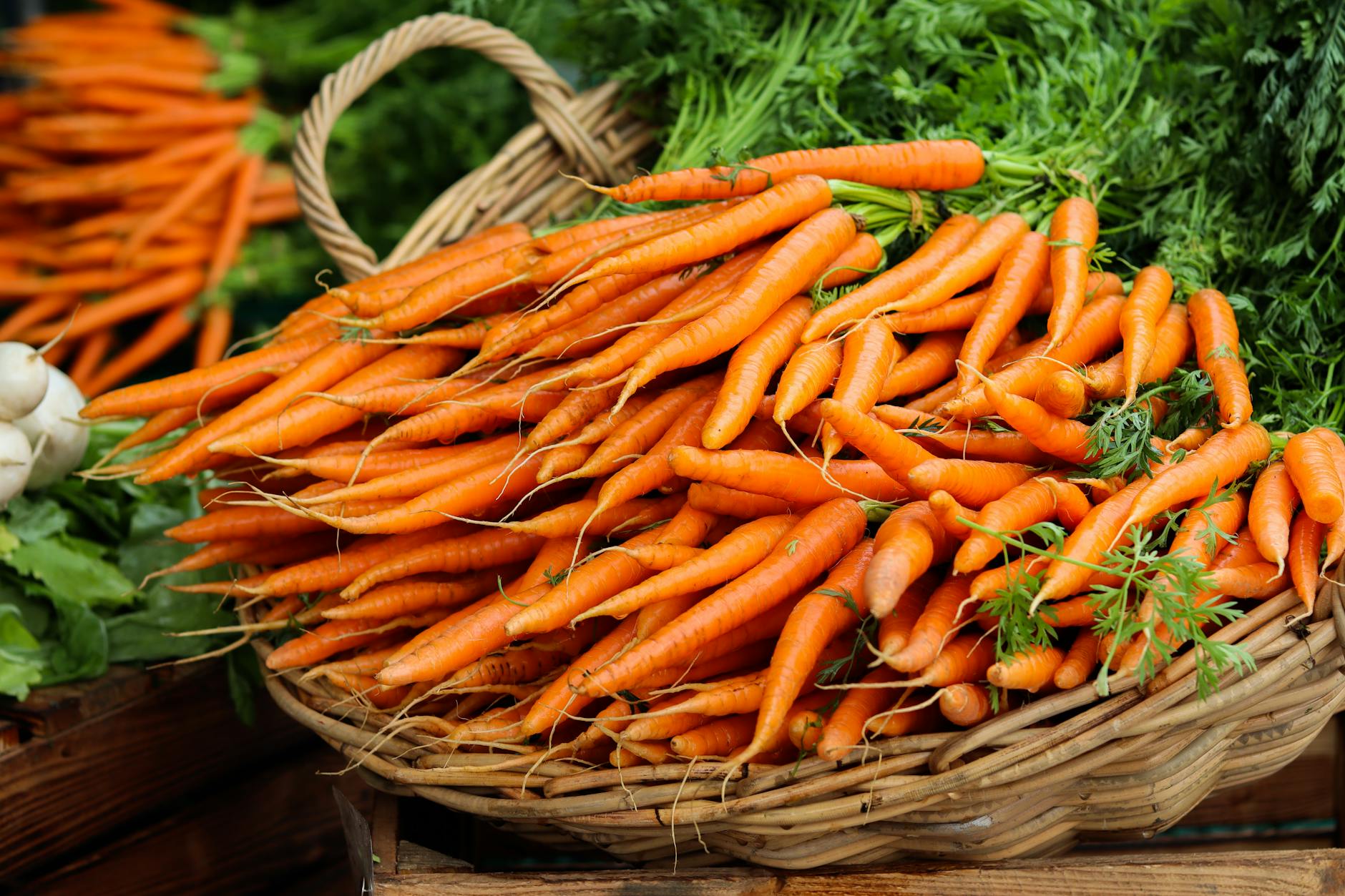
Carrots are exceptionally rich in beta-carotene, a powerful antioxidant that the body converts into vitamin A. This compound is crucial in reducing cancer risk by protecting cells from oxidative damage and supporting the immune system.
Beta-carotene’s antioxidant properties help neutralize free radicals, which can otherwise contribute to the development of cancer.
Studies have shown that a diet high in beta-carotene is associated with a lower risk of certain cancers, including breast cancer.
Incorporating carrots into your meals, whether raw, juiced, or cooked, can be an easy and tasty way to enhance your diet and support cancer prevention.
12. Kale
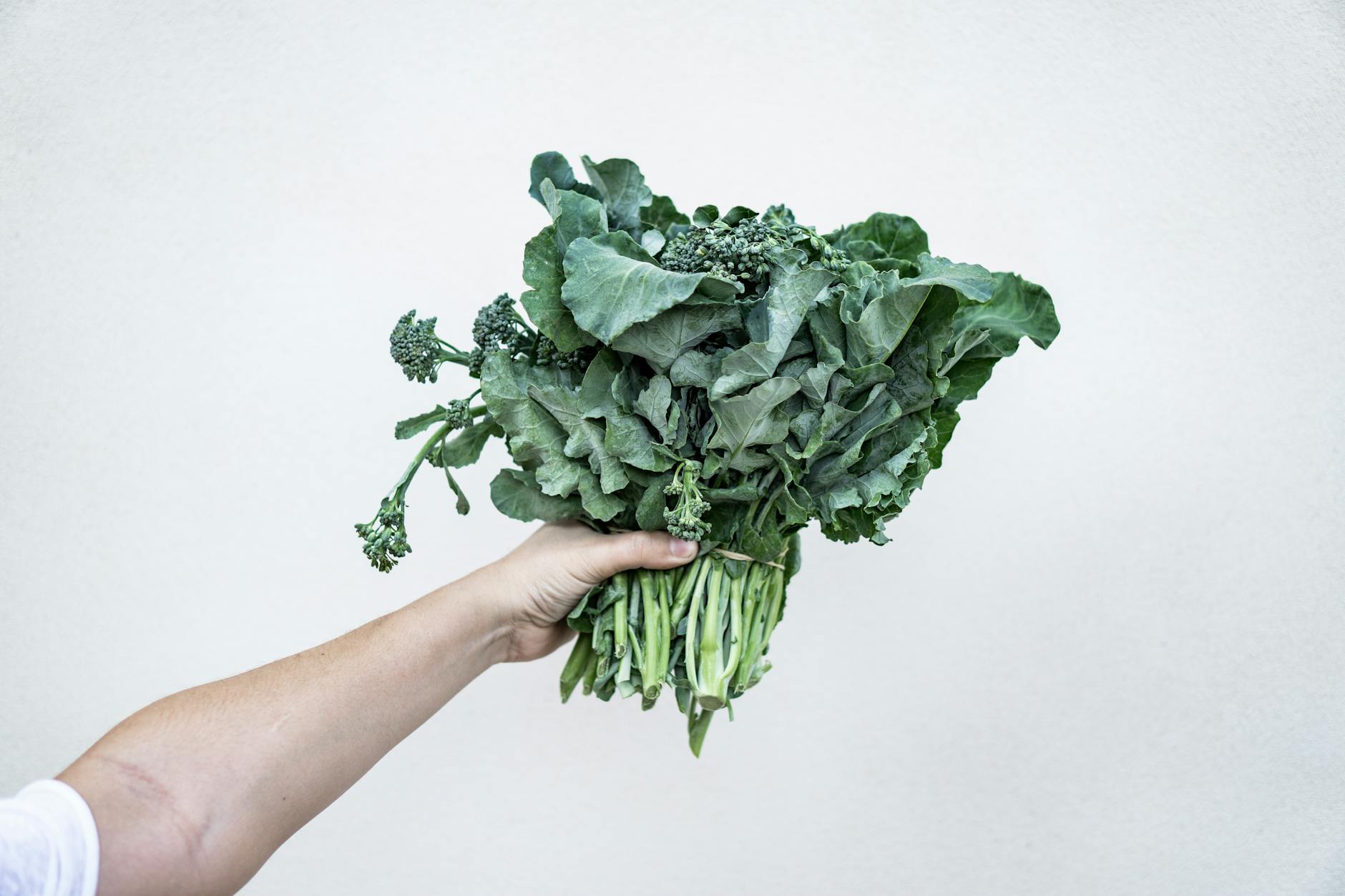
Kale is a nutritional powerhouse, packed with vitamins A, C, and K, as well as a variety of antioxidants that make it a formidable anti-cancer food. The antioxidants in kale, including quercetin and kaempferol, have been linked to a reduced risk of cancer by protecting cells from damage and reducing inflammation.
Additionally, kale contains glucosinolates, compounds that have been shown to inhibit the growth of cancer cells.
Incorporating kale into your diet, whether as a salad base, in smoothies, or sautéed, can provide a robust defense against cancer while offering a wealth of nutritional benefits.
13. Grapes
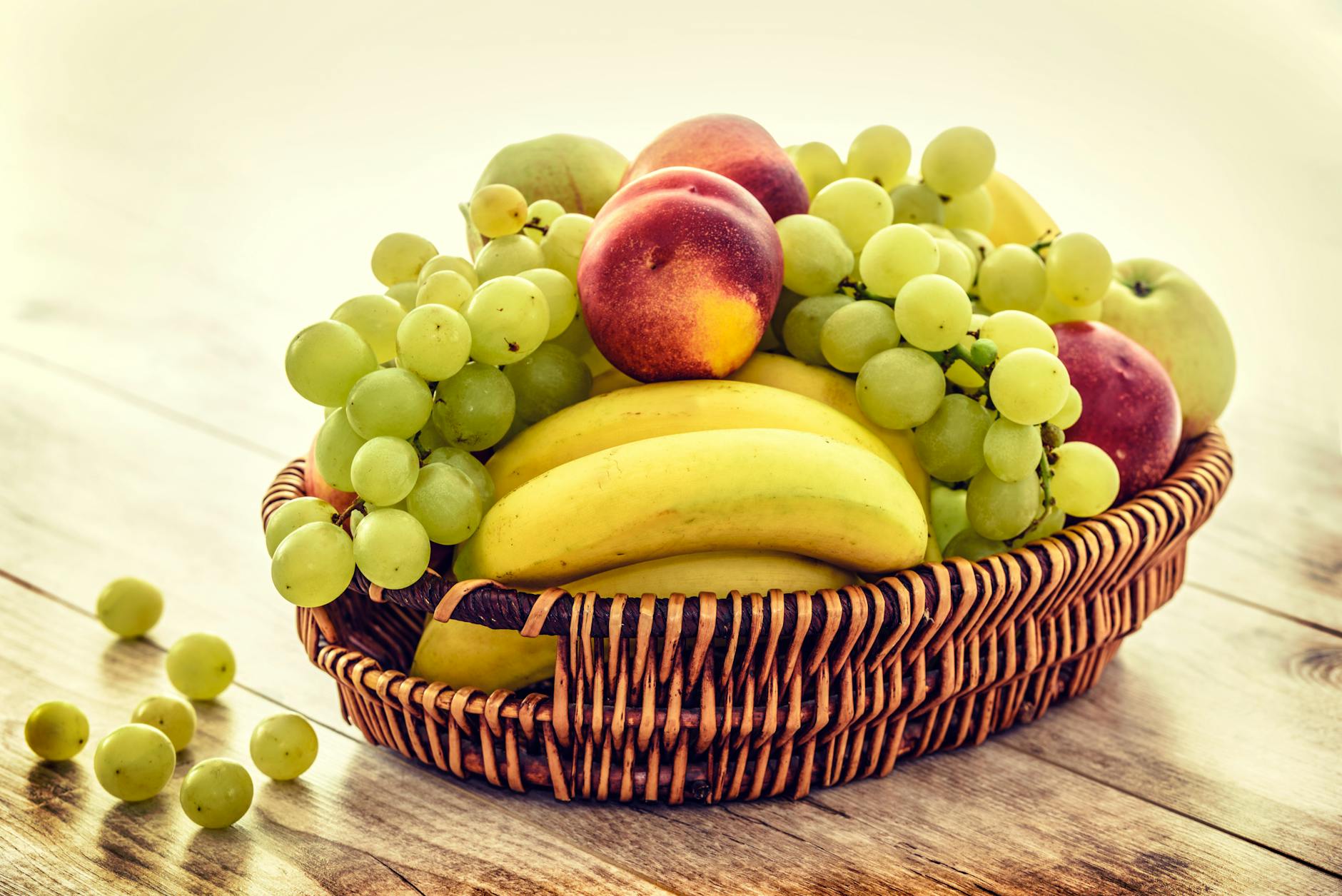
Grapes are a rich source of resveratrol, a compound known for its potent anti-cancer effects. Resveratrol acts as an antioxidant, protecting cells from oxidative stress and inhibiting the proliferation of cancer cells.
Studies have shown that resveratrol can block the development of tumors and reduce inflammation, contributing to its cancer-preventive properties.
Including grapes in your diet, whether fresh, dried as raisins, or in the form of juice, can provide an enjoyable way to benefit from their health-promoting effects.
By incorporating grapes, you can enhance your dietary defenses against cancer while enjoying their natural sweetness.
14. Sweet Potatoes

Sweet potatoes are exceptionally high in vitamin A, derived from beta-carotene, which plays a crucial role in cancer prevention. This vitamin is essential for maintaining healthy cell growth and supporting the immune system, helping to ward off cancerous changes in the body.
The antioxidant properties of beta-carotene help protect cells from oxidative stress and damage, which can lead to cancer development.
By incorporating sweet potatoes into your meals, whether baked, mashed, or roasted, you can enjoy their delicious flavor while fortifying your diet with nutrients that support your body’s natural defenses against cancer.
15. Mushrooms
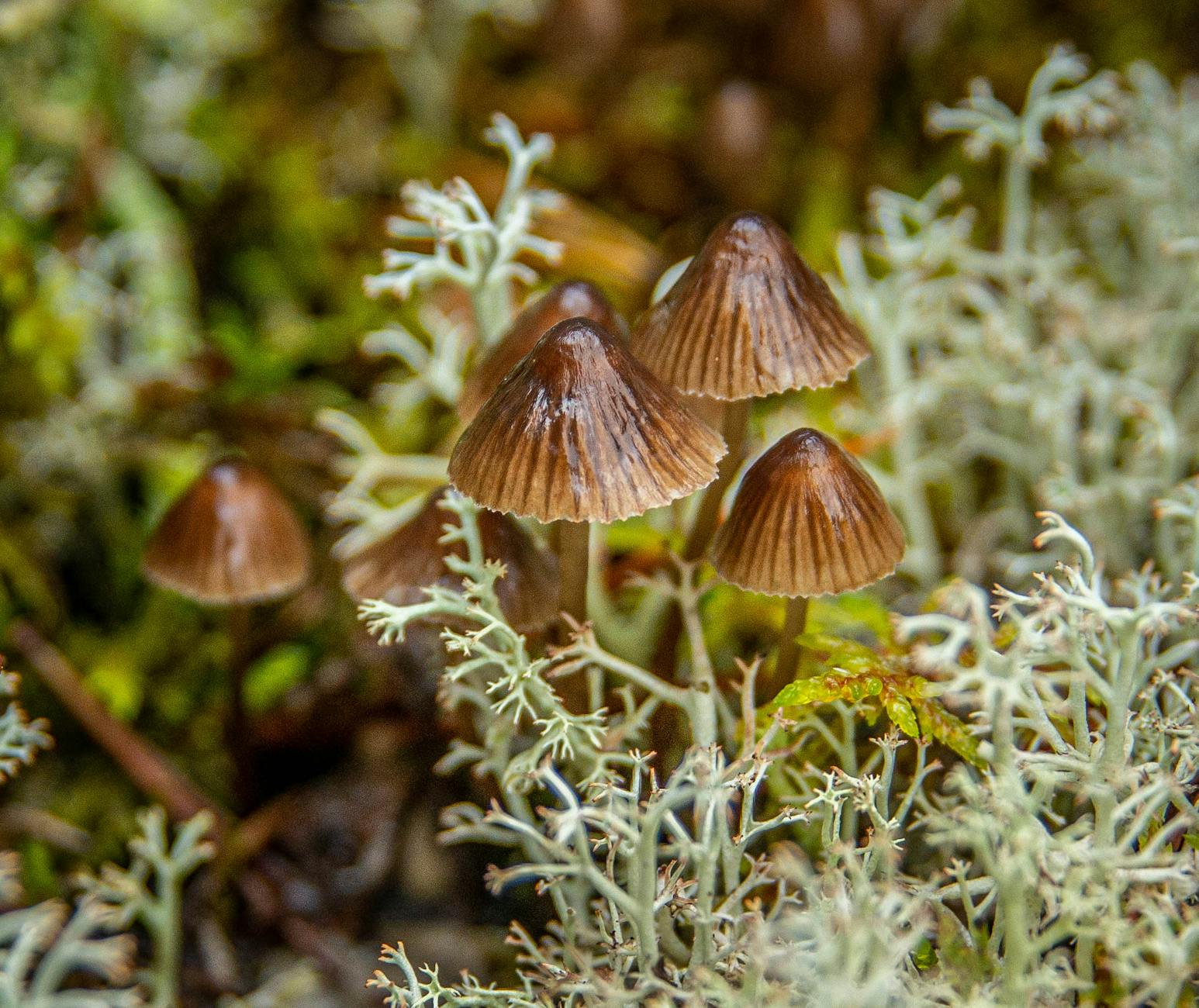
Mushrooms contain unique compounds such as beta-glucans and polysaccharides, which are known to boost the immune system and play a significant role in cancer prevention. These compounds help enhance the body’s natural defense mechanisms, enabling it to better identify and combat cancer cells.
Certain varieties, like shiitake and maitake, have been specifically studied for their anti-cancer properties.
Incorporating mushrooms into your diet, whether in soups, salads, or stir-fries, can offer a savory way to strengthen your immune system and potentially lower your risk of developing breast cancer.
16. Oranges

Oranges are packed with vitamin C, a powerful antioxidant known for its role in reducing cancer risk. This essential vitamin helps protect cells from oxidative damage by neutralizing free radicals, which can lead to cancerous changes.
In addition to boosting the immune system, vitamin C supports the body’s ability to repair damaged tissues and maintain overall cellular health.
Incorporating oranges or freshly squeezed orange juice into your diet provides a refreshing way to enjoy these health benefits while contributing to your body’s natural defenses against cancer.
17. Beans

Beans are an excellent source of dietary fiber, which plays a crucial role in lowering cancer risk by improving digestion and nutrient absorption. A fiber-rich diet can help maintain a healthy digestive tract, promoting regular bowel movements and reducing the time harmful substances stay in the body.
Additionally, beans contain a variety of phytochemicals and antioxidants that contribute to their cancer-preventive properties.
Incorporating beans into your meals, whether in soups, salads, or as a side dish, provides a nutritious and versatile way to support your digestive health and reduce the risk of breast cancer.
18. Apples

Apples are rich in polyphenols, a group of antioxidants that have been linked to cancer prevention. These compounds help protect cells from oxidative stress and inhibit the growth of cancer cells.
Research suggests that the polyphenols in apples can also reduce inflammation and promote a healthy gut microbiome, further supporting cancer prevention.
Eating apples with their skin provides the maximum benefit, as much of the polyphenol content is concentrated there.
Incorporating apples into your diet as a snack or in salads and desserts can be a delicious way to enjoy their health benefits and bolster your body’s defenses against cancer.
19. Avocados
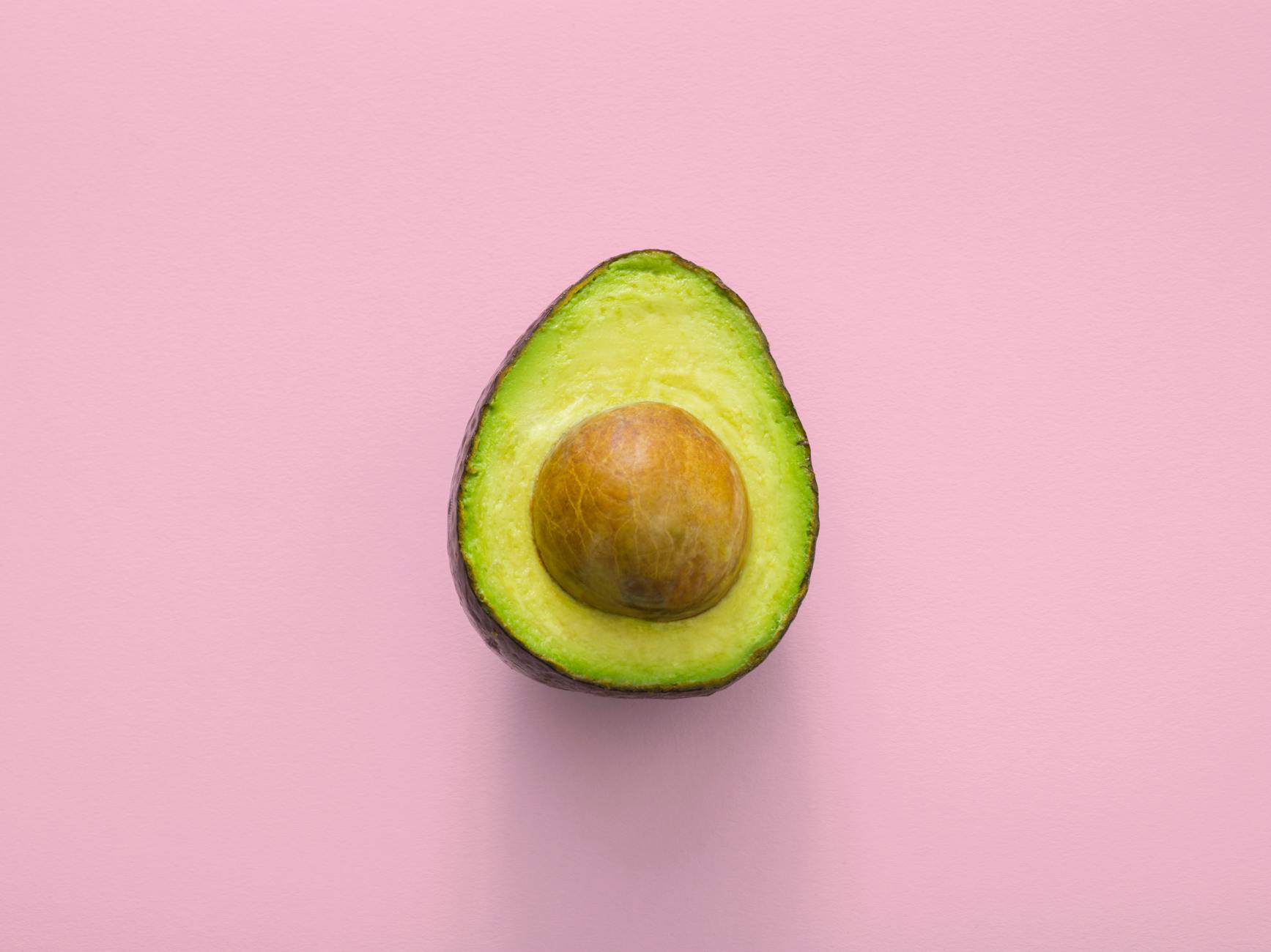
Avocados are known for their rich content of healthy fats, particularly monounsaturated fats, which have been linked to numerous health benefits, including cancer prevention. These fats help absorb fat-soluble vitamins and antioxidants, enhancing their efficacy in protecting cells from damage.
Avocados also contain phytochemicals like glutathione, which possesses anti-cancer properties. Nutritional studies suggest that incorporating avocados into your diet can support heart health and reduce inflammation, contributing to a lower cancer risk.
Whether added to salads, smoothies, or enjoyed as guacamole, avocados offer a creamy and nutritious way to support your overall health.
20. Peppers
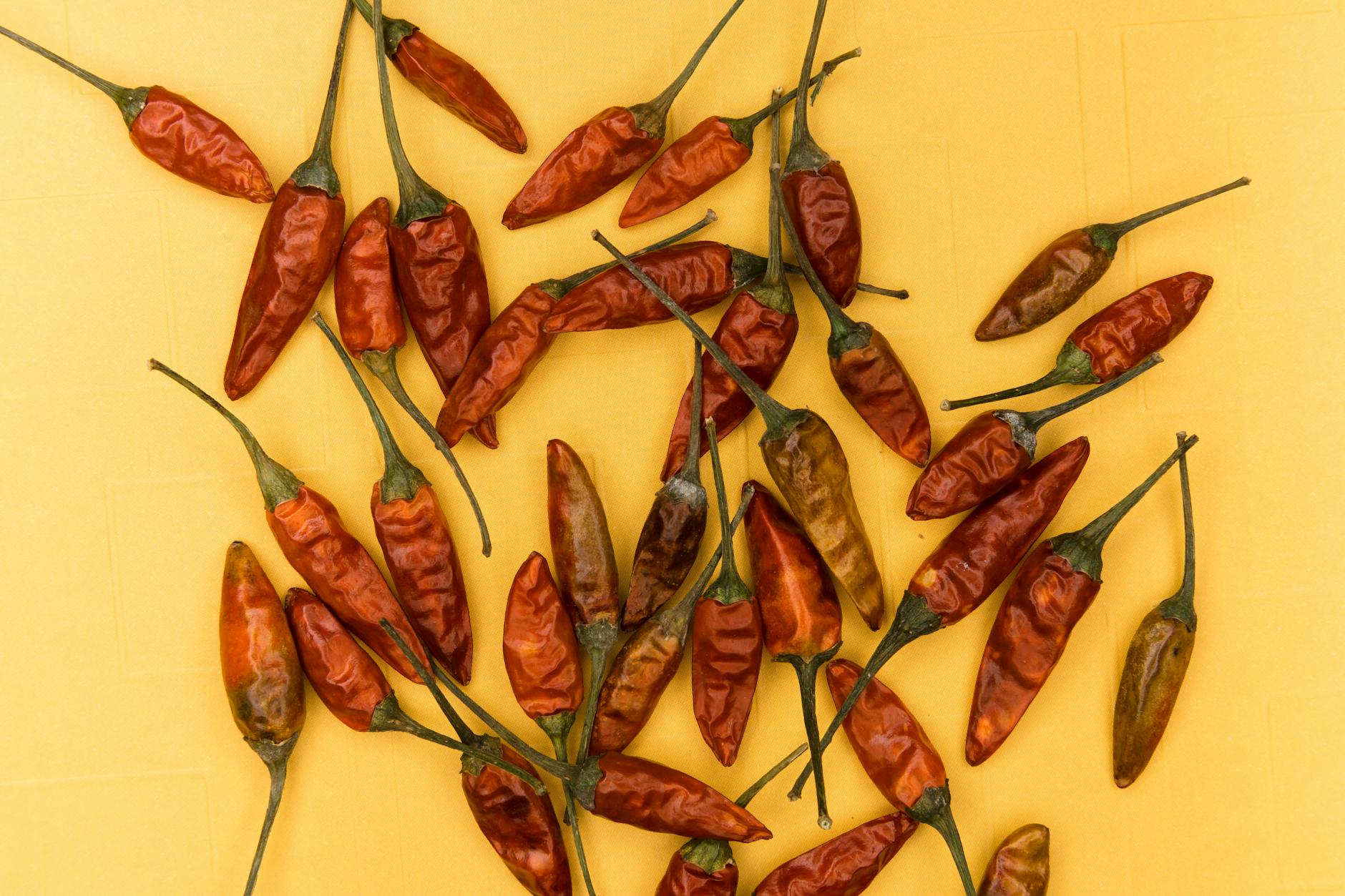
Peppers, especially hot varieties, contain capsaicin, a compound known for its potential anti-cancer effects. Research has indicated that capsaicin may inhibit the growth of cancer cells and induce apoptosis, or programmed cell death, in certain types of cancer.
Beyond its fiery flavor, capsaicin’s anti-inflammatory and antioxidant properties contribute to its role in cancer prevention.
Incorporating peppers into your diet, whether through spicy dishes, salads, or salsas, can provide a flavorful way to enjoy their health benefits.
By adding peppers, you can enhance your meals with a kick of heat and a boost of cancer-fighting nutrients.
21. Cherries

Cherries are rich in anthocyanins, the powerful antioxidants responsible for their deep red hue, which contribute to cancer prevention. These compounds help protect cells from oxidative stress and reduce inflammation, both of which are important in lowering cancer risk.
Anthocyanins in cherries have been studied for their ability to inhibit the growth of cancer cells and support overall health.
Enjoying cherries as a snack, in desserts, or as part of a smoothie can provide a delicious way to tap into their health benefits, while also adding a touch of sweetness to your balanced diet.
22. Berries
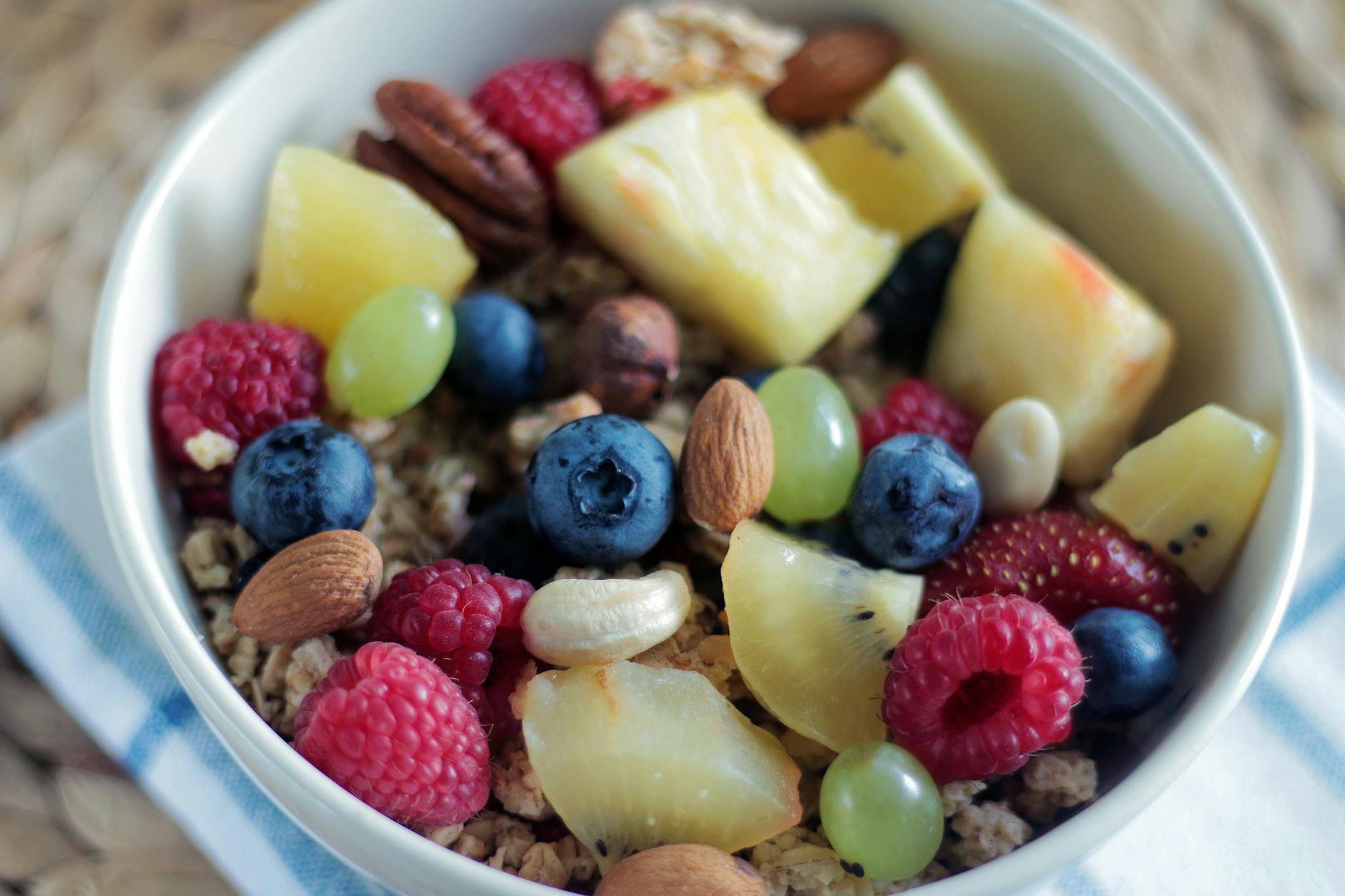
Berries, whether blueberries, strawberries, raspberries, or blackberries, are celebrated for their wide range of antioxidants, including flavonoids, anthocyanins, and vitamin C. These antioxidants play a crucial role in combating cancer by protecting cells from oxidative stress and reducing inflammation.
Research suggests that the regular consumption of berries can inhibit the growth of cancer cells and enhance the body’s immune response.
Incorporating a variety of berries into your diet, whether as a topping for yogurt, in smoothies, or simply as a snack, can provide a flavorful and colorful way to bolster your health and reduce cancer risk.
23. Olive Oil
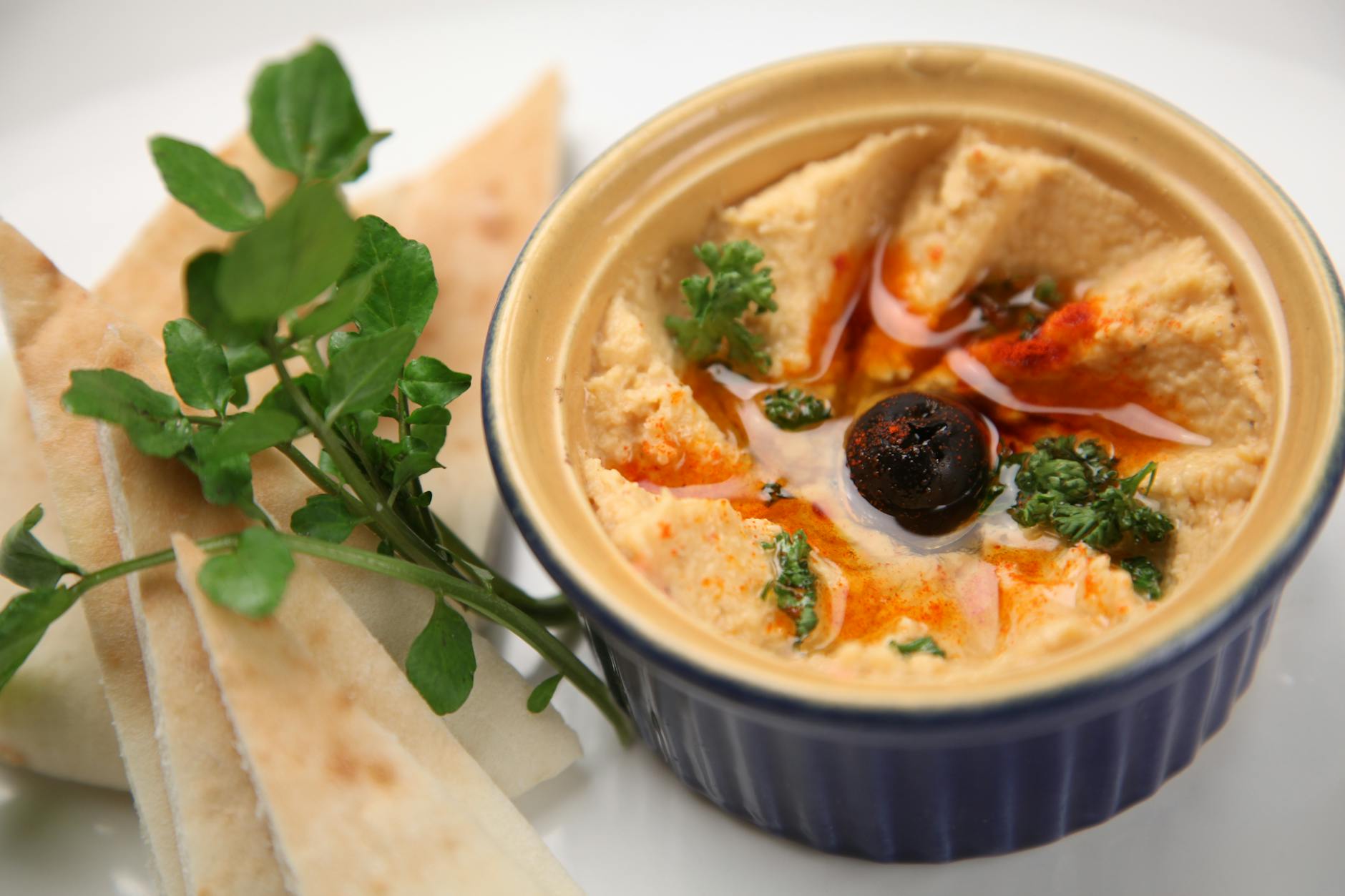
Olive oil is renowned for its high content of monounsaturated fats, particularly oleic acid, which have been linked to a reduced risk of cancer. These healthy fats help protect cell membranes from oxidative damage and support anti-inflammatory processes in the body.
Research has shown that a diet rich in olive oil can contribute to a lower incidence of certain cancers, including breast cancer.
Incorporating olive oil into your cooking or using it as a dressing for salads provides a heart-healthy and flavorful way to enjoy its numerous health benefits, enhancing both your meals and your well-being.
24. Lemons

Lemons are packed with vitamin C and flavonoids, both of which play a significant role in cancer prevention. Vitamin C is a potent antioxidant that helps neutralize free radicals, while flavonoids enhance the body’s ability to repair damaged cells and reduce inflammation.
These compounds work together to support the immune system and protect against the development of cancer.
Incorporating lemons into your diet, whether by adding fresh lemon juice to water, using zest in cooking, or enjoying them in salad dressings, can offer a zesty way to boost your health and fortify your defenses against cancer.
25. Quinoa
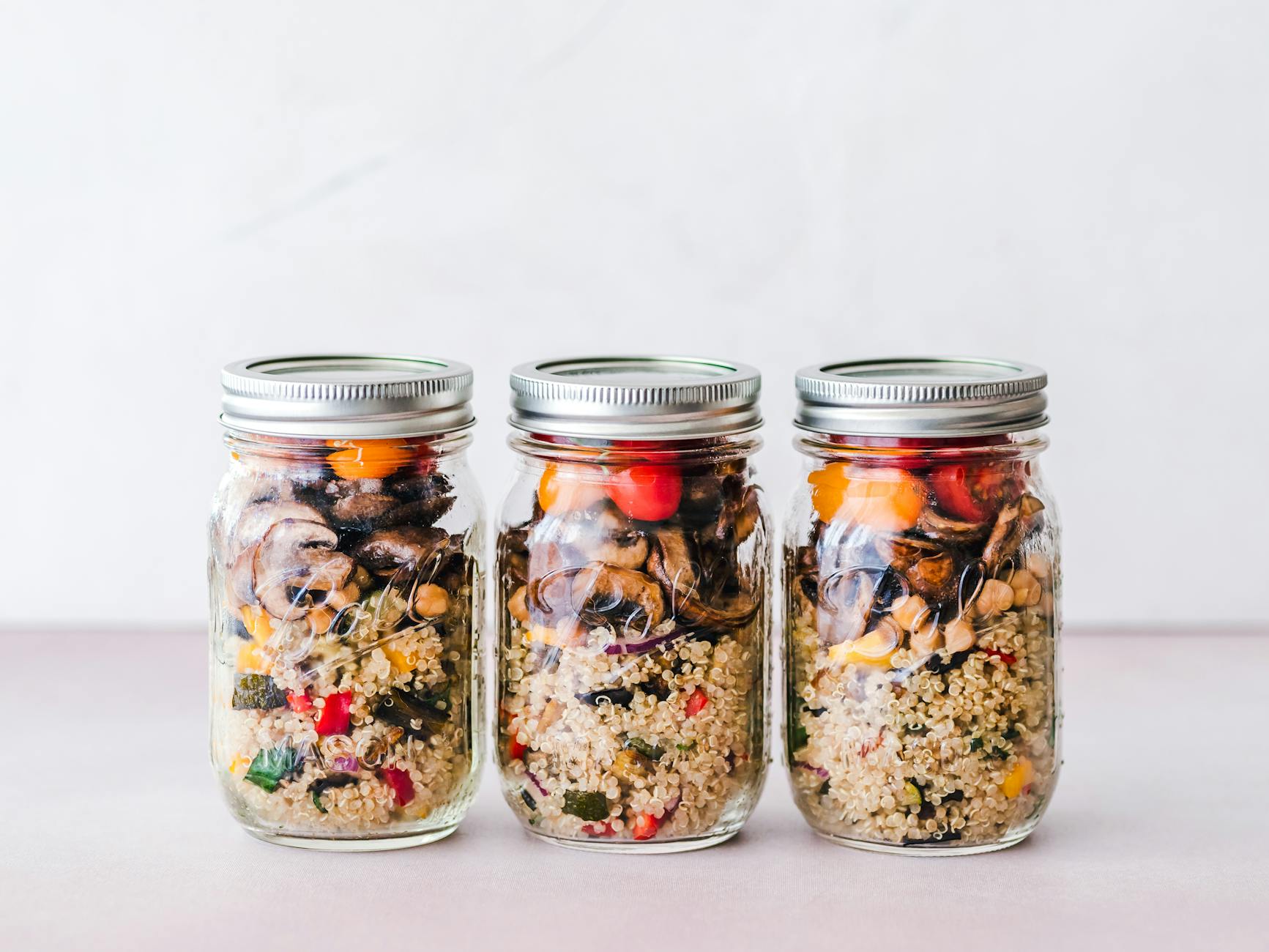
Quinoa is a highly nutritious grain known for its complete protein profile, containing all nine essential amino acids. This makes it an excellent plant-based protein source, supporting muscle repair and overall health.
In addition to its protein content, quinoa is rich in fiber, vitamins, and minerals, which can help reduce inflammation and support a healthy digestive system.
Incorporating quinoa into your meals, whether as a base for salads, in soups, or as a side dish, provides a versatile and nourishing option that contributes to a balanced diet and supports cancer prevention goals.
26. Almonds
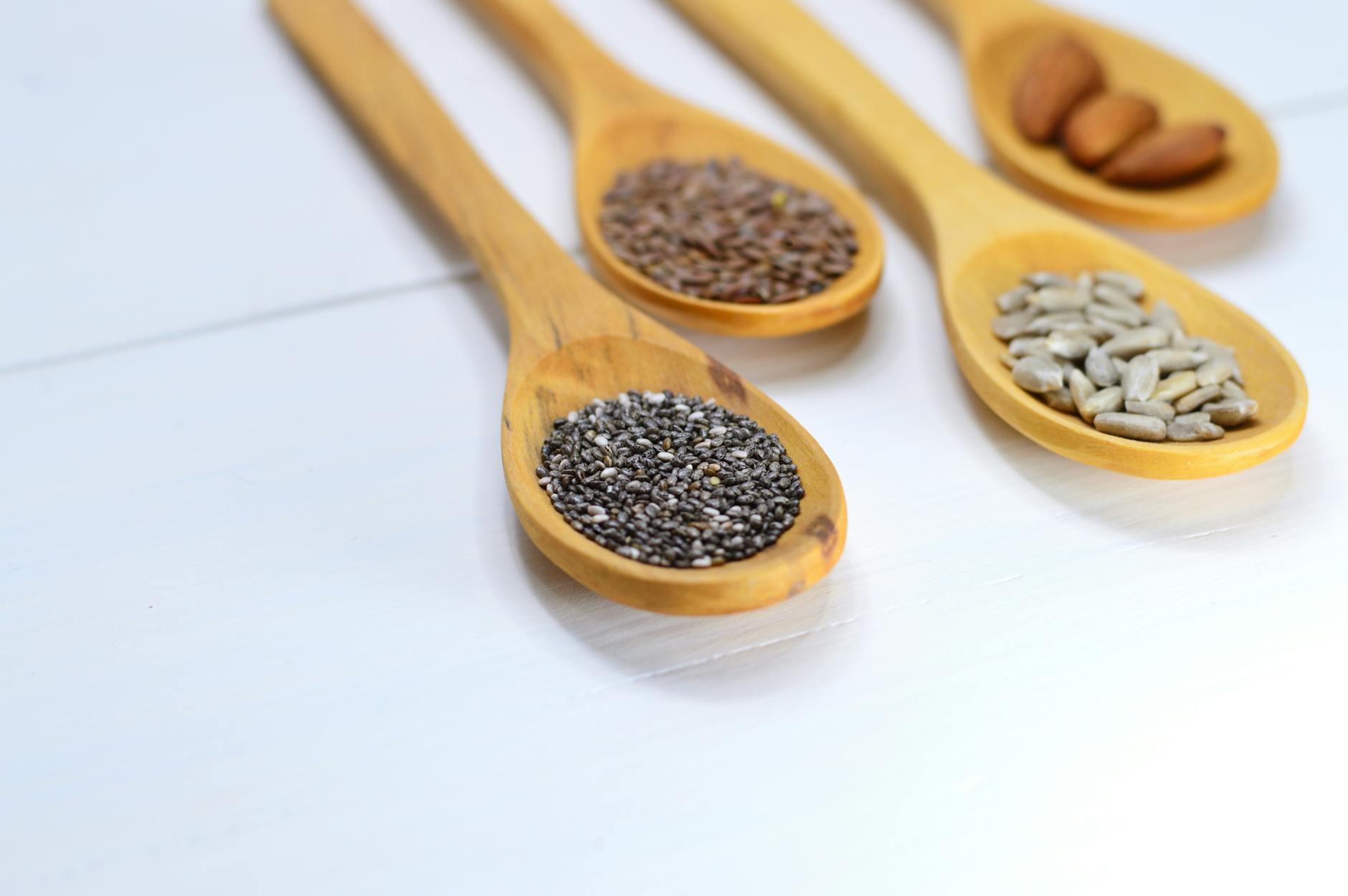
Almonds are an excellent source of vitamin E, a powerful antioxidant that plays a crucial role in cancer prevention. Vitamin E helps protect cells from oxidative damage, supports immune function, and has been associated with a reduced risk of certain cancers.
In addition to their antioxidant properties, almonds are rich in healthy fats, fiber, and protein, which contribute to overall health and well-being.
Incorporating almonds into your diet, whether as a snack, in smoothies, or as a topping for salads and oatmeal, provides a crunchy and nutritious way to benefit from their cancer-fighting properties.
27. Onions
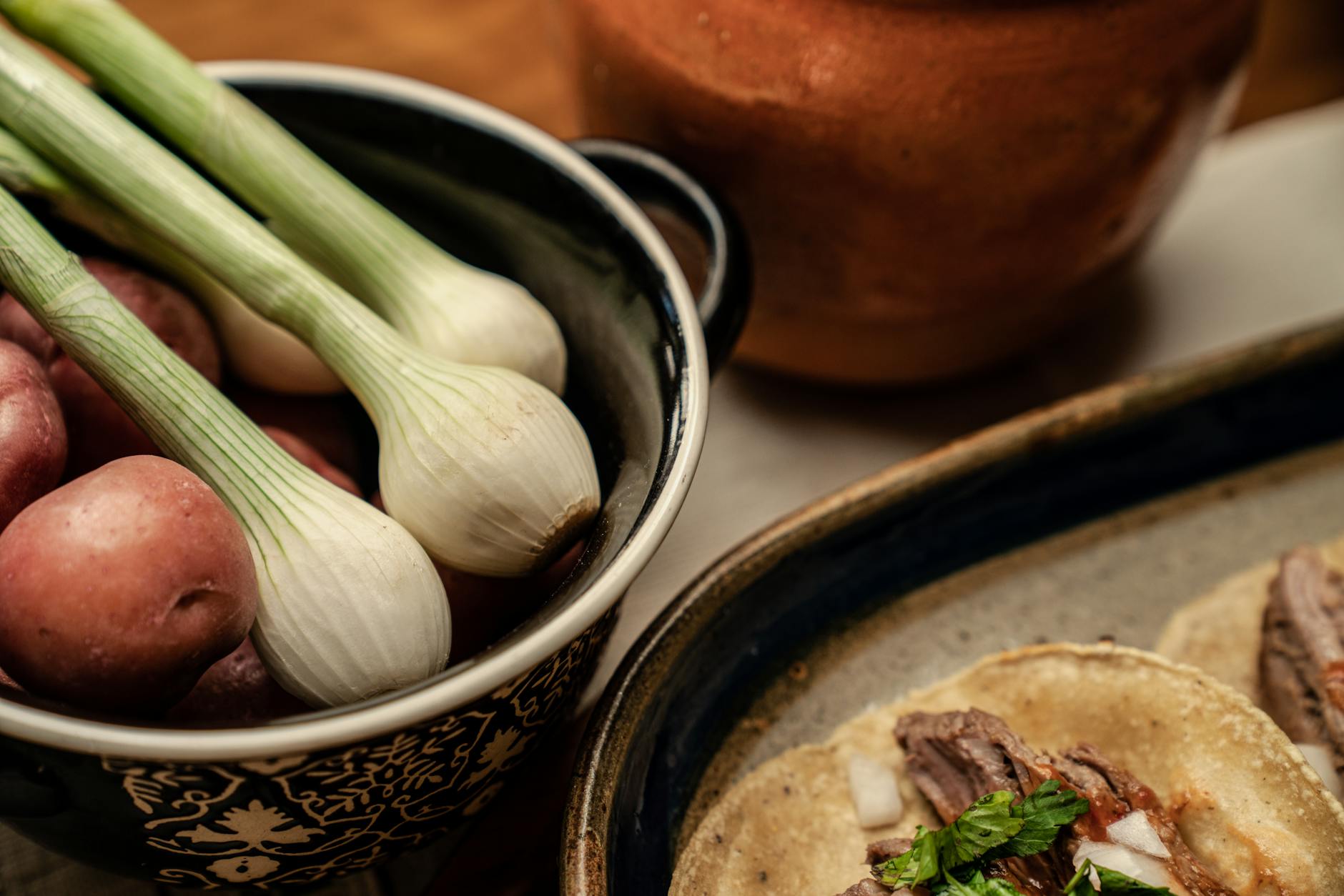
Onions are rich in sulfur compounds, which have been linked to cancer prevention due to their ability to inhibit the growth of cancer cells and enhance cell repair. These compounds, such as allicin, help reduce inflammation and boost the body’s detoxification processes.
Research suggests that regular consumption of onions can lower the risk of certain cancers, including breast cancer.
Incorporating onions into your diet, whether sautéed, raw in salads, or as a flavorful addition to soups and stews, can provide both culinary enjoyment and health benefits, contributing to your overall cancer-preventive strategy.
28. Lentils

Lentils are a nutritional powerhouse, offering high levels of fiber and plant-based protein, both of which contribute to their potential cancer-fighting benefits. The fiber in lentils aids in maintaining a healthy digestive tract, which can help remove toxins and reduce the risk of colorectal cancer.
Additionally, lentils are rich in essential nutrients like folate and iron, which support overall health and immune function.
Incorporating lentils into your diet, whether in soups, salads, or as a base for stews, provides a versatile and hearty way to enhance your meals and support cancer prevention.
29. Cabbage
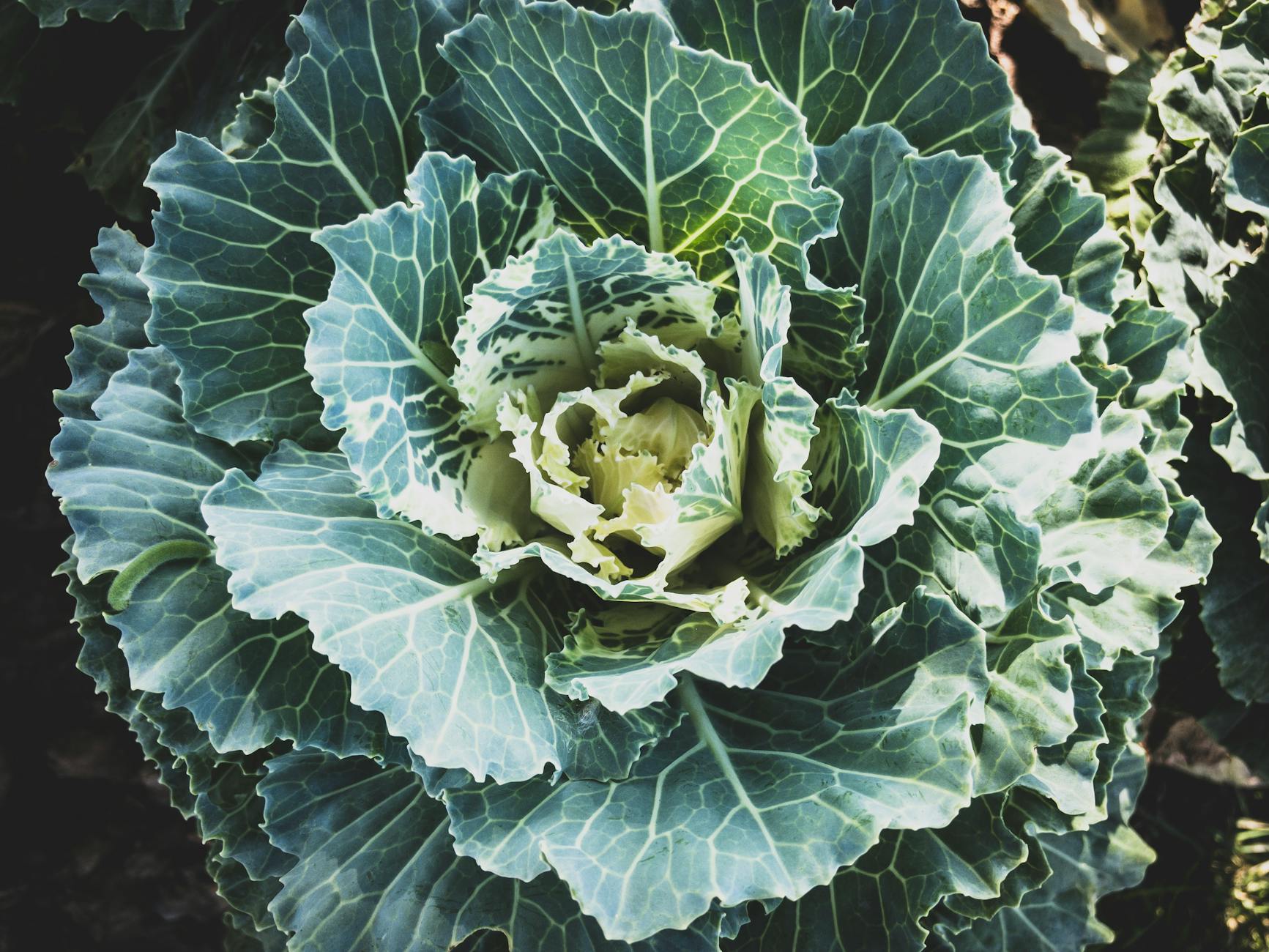
Cabbage is packed with glucosinolates, natural compounds that contribute to cancer prevention by helping detoxify the body and inhibit the growth of cancer cells. When consumed, glucosinolates are broken down into active compounds like indoles and isothiocyanates, which have been shown to reduce inflammation and support cellular health.
Regular consumption of cabbage, whether raw in slaws, fermented as sauerkraut, or cooked in soups and stews, can bolster your diet with these beneficial compounds.
Incorporating cabbage into your meals not only adds crunch and flavor but also supports your body’s natural defense mechanisms against cancer.
30. Plums

Plums are rich in antioxidants, particularly phenolic compounds, which play a key role in reducing cancer risk by neutralizing harmful free radicals. These antioxidants help protect cells from oxidative stress, a known contributor to cancer development.
In addition to their antioxidant properties, plums are a good source of vitamins and dietary fiber, which support overall health and digestion.
Incorporating plums into your diet, whether fresh, dried as prunes, or as part of a fruit salad, offers a sweet and nutritious way to harness their health benefits and support your body’s cancer-prevention efforts.
31. Fish

Fish, particularly fatty varieties like salmon, mackerel, and sardines, are rich in omega-3 fatty acids, which have been linked to cancer prevention. These essential fats play a crucial role in reducing inflammation and supporting cellular health, potentially lowering the risk of developing cancer.
Studies suggest that omega-3s can help inhibit the growth of cancer cells and promote apoptosis, or programmed cell death, in cancerous cells.
Incorporating fish into your diet a few times a week provides a heart-healthy and delicious way to benefit from these protective nutrients and support your overall well-being.
32. Celery

Celery is abundant in flavonoids, such as apigenin and luteolin, which may contribute to cancer prevention by inhibiting the proliferation of cancer cells and reducing inflammation. These compounds act as antioxidants, protecting cells from oxidative stress and supporting overall cellular health.
Research suggests that the regular consumption of flavonoid-rich foods like celery can help lower the risk of certain cancers.
Incorporating celery into your diet, whether as a crunchy snack, in salads, or added to soups and stews, offers a fresh and hydrating way to enjoy its potential health benefits and enhance your cancer-preventive strategy.
33. Pineapple

Pineapple contains bromelain, a unique enzyme with potential anti-cancer properties. Bromelain is known for its ability to reduce inflammation and promote the breakdown of proteins, which can aid in inhibiting the growth of cancer cells.
Research has shown that bromelain may enhance the immune system’s response to cancerous changes within the body.
Incorporating pineapple into your diet, whether fresh, juiced, or as part of a fruit salad, provides a sweet and tropical way to leverage its health benefits.
Enjoying pineapple can contribute to your overall wellness while supporting your body’s natural cancer-fighting mechanisms.
34. Oats

Oats are renowned for their high fiber content, particularly beta-glucan, which plays a significant role in reducing cancer risk. Dietary fiber aids in maintaining a healthy digestive system by promoting regular bowel movements and helping to remove potential carcinogens from the body.
Additionally, oats support a balanced gut microbiome, which is vital for immune function and overall health.
Incorporating oats into your diet, whether as a comforting breakfast porridge, in baked goods, or as a topping for yogurt, provides a nutritious and satisfying way to benefit from their protective properties and support your body’s cancer-prevention efforts.
35. Figs
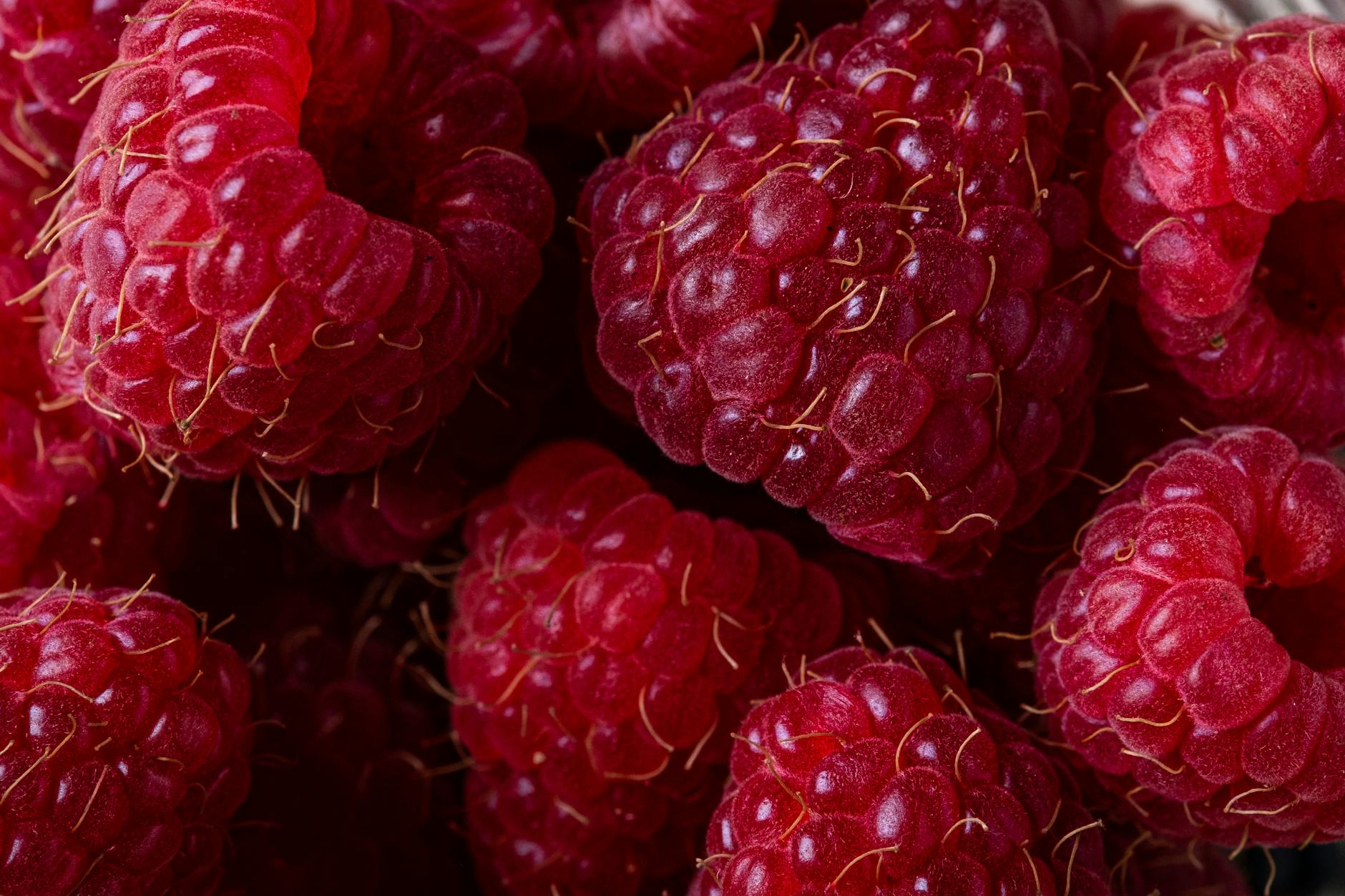
Figs are rich in antioxidants and dietary fiber, both of which contribute to their potential health benefits and cancer-fighting properties. The antioxidants found in figs help combat oxidative stress and protect cells from damage, while the fiber supports healthy digestion and regular bowel movements.
These elements work together to reduce the risk of developing cancer by maintaining cellular health and aiding in the detoxification process.
Incorporating figs into your diet, whether fresh, dried, or as part of a salad or dessert, offers a naturally sweet way to support overall wellness and enhance your body’s defenses.
36. Raspberries

Raspberries are abundant in ellagic acid, a naturally occurring compound known for its potent cancer-fighting properties. Ellagic acid has been studied for its ability to inhibit cancer cell proliferation and induce apoptosis, or programmed cell death, in cancerous cells.
In addition to its anti-cancer effects, ellagic acid also acts as a powerful antioxidant, protecting cells from oxidative damage.
Incorporating raspberries into your diet, whether added to smoothies, cereals, or enjoyed as a snack, offers a delicious and nutritious way to benefit from their health-promoting properties and support your body’s natural cancer defenses.
37. Tea

Tea, whether green, black, or white, is rich in polyphenols, which have been linked to cancer prevention. These compounds, especially catechins and flavonoids, act as powerful antioxidants, helping to protect cells from oxidative damage and inhibit the growth of cancer cells.
Research suggests that regular tea consumption can support immune function and reduce inflammation, further contributing to its cancer-preventive properties.
Incorporating a variety of teas into your daily routine provides a soothing and flavorful way to enjoy these health benefits, supporting your body’s natural defenses and promoting overall well-being.
38. Watermelon

Watermelon is a refreshing fruit rich in lycopene, a powerful antioxidant known for its role in reducing cancer risk. Lycopene helps neutralize free radicals, protecting cells from oxidative damage that can lead to cancer development.
In addition to its antioxidant properties, watermelon is hydrating and low in calories, making it a healthy choice for maintaining overall wellness.
Incorporating watermelon into your diet, whether as a summertime snack, in fruit salads, or blended into smoothies, provides a deliciously sweet way to harness its health benefits and support your body’s natural cancer-fighting mechanisms.
39. Pumpkin
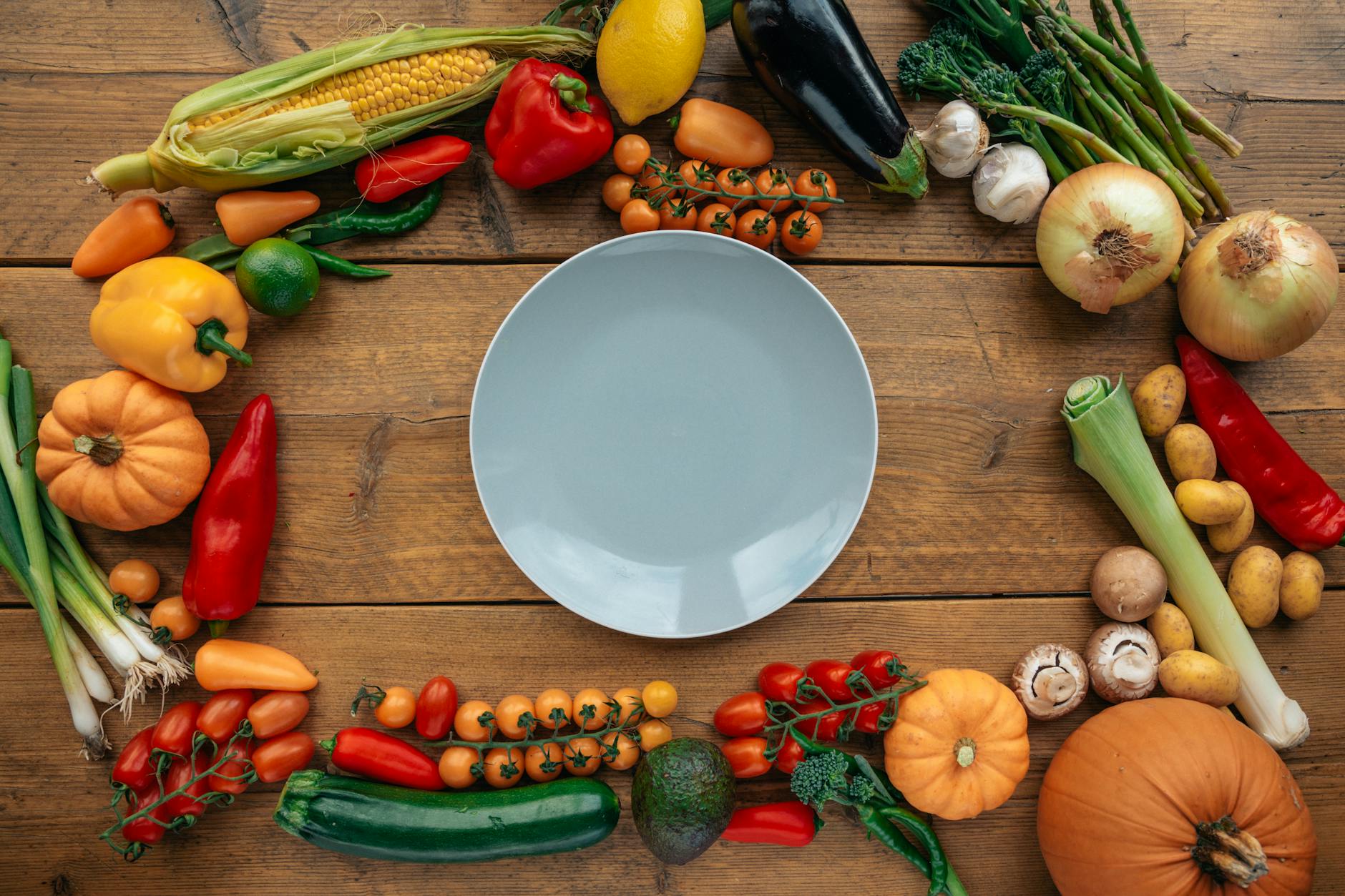
Pumpkin is rich in beta-carotene, a potent antioxidant that the body converts into vitamin A, known for its potential cancer-fighting benefits. Beta-carotene helps protect cells from oxidative stress and supports immune system function, both vital in reducing cancer risk.
In addition to its antioxidant properties, pumpkin is packed with fiber and essential vitamins, contributing to overall health and wellness.
Incorporating pumpkin into your diet, whether in soups, roasted, or as part of a dessert, provides a flavorful and nutritious way to enjoy its health benefits and bolster your body’s defenses against cancer.
40. Beets

Beets are vibrant root vegetables rich in betalains, a group of pigments with powerful antioxidant and anti-inflammatory properties that may play a role in cancer prevention. These compounds help protect cells from oxidative damage and reduce inflammation, both of which are crucial in lowering cancer risk.
Research suggests that betalains can inhibit the growth of cancer cells, making beets a valuable addition to a cancer-preventive diet.
Incorporating beets into your meals, whether roasted, in salads, or juiced, offers a colorful and nutritious way to enjoy their health benefits and support your overall well-being.
41. Kiwi

Kiwi is exceptionally high in vitamin C, a potent antioxidant that plays a significant role in protecting cells from oxidative stress and supporting immune function. The antioxidant effects of vitamin C help neutralize free radicals, thereby reducing the risk of cellular damage that can lead to cancer.
In addition to vitamin C, kiwi is rich in fiber and other essential nutrients that contribute to overall health.
Incorporating kiwi into your diet, whether eaten on its own, added to fruit salads, or blended into smoothies, provides a tangy and nutritious way to enhance your cancer-preventive strategy.
42. Cranberries
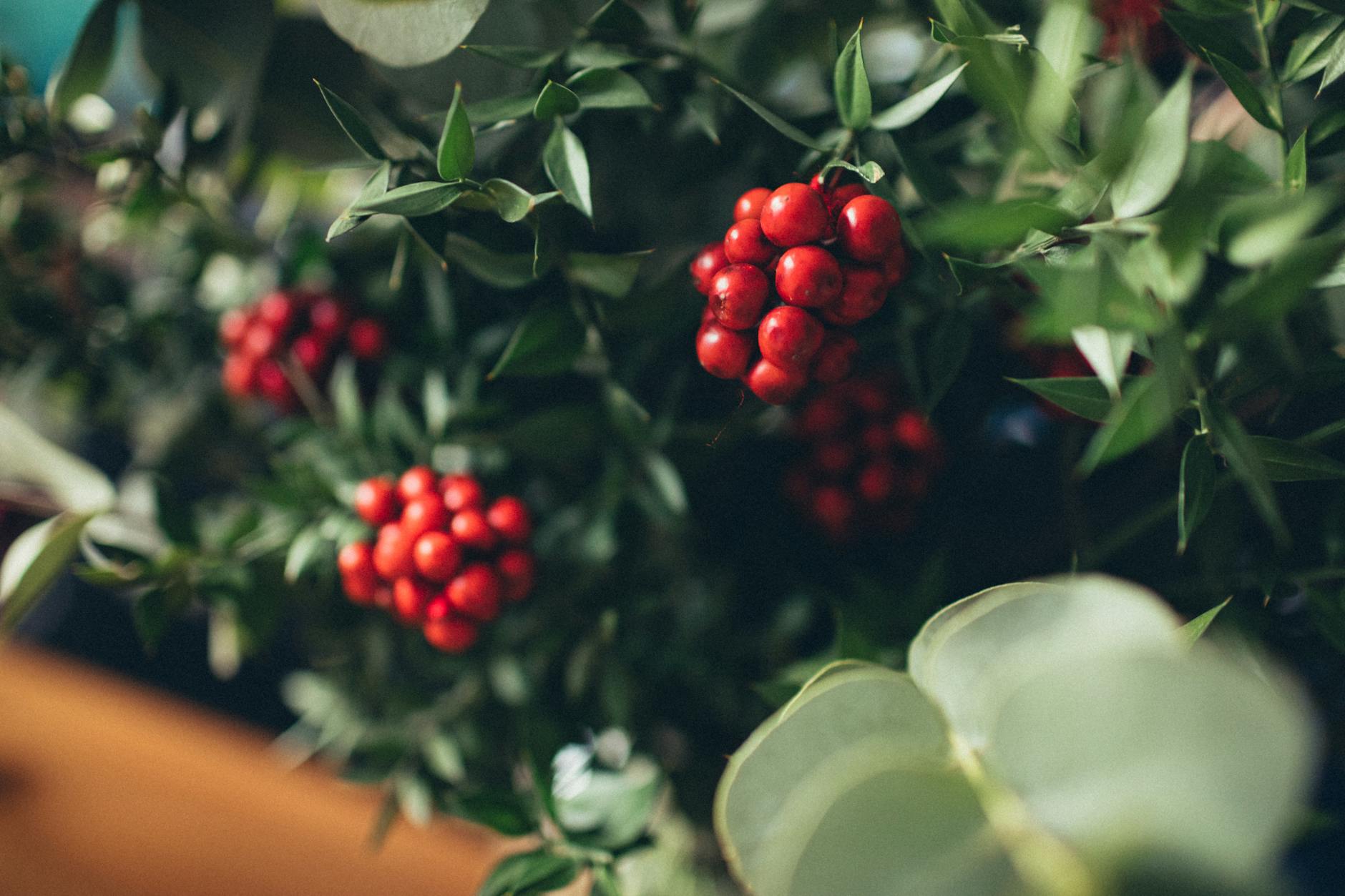
Cranberries are abundant in proanthocyanidins, powerful antioxidants known for their potential cancer-fighting properties. These compounds help prevent the adhesion of harmful bacteria in the urinary tract and offer protection against oxidative damage in cells, contributing to reduced cancer risk.
Research suggests that proanthocyanidins can inhibit cancer cell growth and prevent tumor development.
Incorporating cranberries into your diet, whether as fresh berries, juice, or dried in trail mixes and baked goods, provides a tart and flavorful way to tap into their health benefits and support your body’s natural defenses against cancer.
43. Cucumber

Cucumbers are known for their hydrating properties and rich antioxidant content, both of which contribute to cancer prevention. The high water content in cucumbers supports hydration and helps flush out toxins, while antioxidants like cucurbitacins and lignans provide protection against oxidative stress.
These compounds work together to maintain cellular health and potentially reduce cancer risk.
Incorporating cucumbers into your diet, whether in salads, as a refreshing snack, or infused in water, offers a crisp and hydrating way to access their health benefits, supporting your body’s natural defenses and promoting overall well-being.
44. Pears
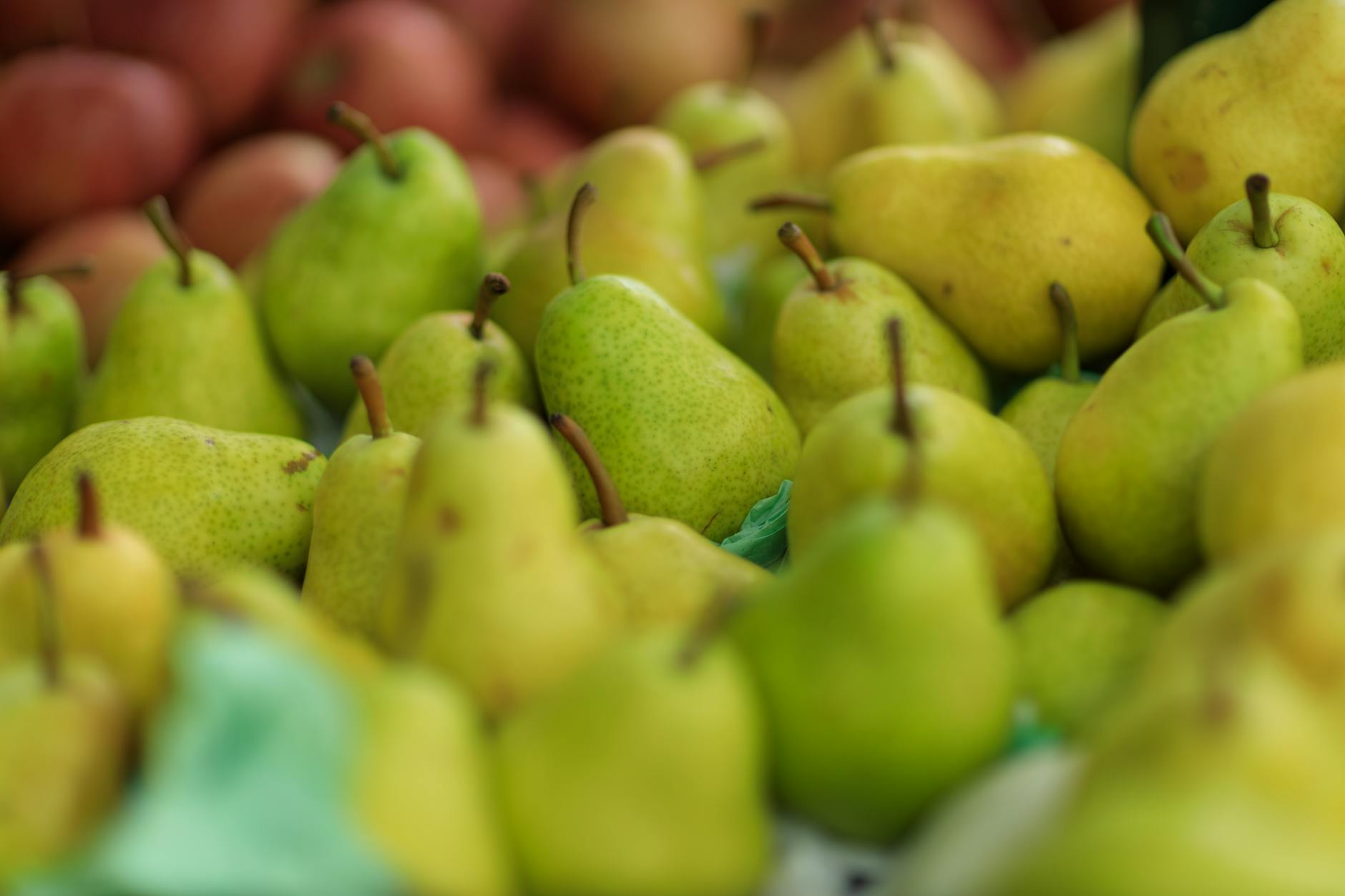
Pears are a delicious fruit rich in fiber and antioxidants, both of which offer potential health benefits and support cancer prevention. The fiber in pears aids in maintaining a healthy digestive system, promoting regular bowel movements, and supporting gut health.
Antioxidants, such as vitamin C and flavonoids, help protect cells from oxidative damage and inflammation, reducing cancer risk.
Incorporating pears into your diet, whether eaten fresh, baked, or added to salads and desserts, provides a sweet and juicy way to enjoy their health benefits and bolster your overall wellness strategy.
45. Papaya

Papaya is rich in papain, an enzyme that aids in digestion, and abundant in antioxidants like vitamin C and beta-carotene, which may help fight cancer. The antioxidants in papaya work to neutralize free radicals, reducing oxidative stress and inflammation, key factors in cancer prevention.
Papain also supports healthy digestion, ensuring efficient nutrient absorption and waste elimination.
Incorporating papaya into your diet, whether enjoyed fresh, blended into smoothies, or added to fruit salads, offers a tropical and nutritious option to harness its potential health benefits and support your body’s natural defenses against cancer.
46. Peaches

Peaches are a delightful fruit rich in polyphenols, which have been studied for their potential cancer-fighting benefits. These compounds act as antioxidants, protecting cells from damage caused by oxidative stress and reducing inflammation, both of which are crucial for cancer prevention.
Research suggests that polyphenols in peaches can inhibit the growth of cancer cells and promote apoptosis, or programmed cell death, in tumors.
Incorporating peaches into your diet, whether eaten fresh, in smoothies, or as part of desserts, provides a sweet and juicy way to enjoy their health benefits while supporting your body’s natural defenses.
47. Bananas

Bananas are a popular fruit known for their high potassium content and rich antioxidants, both of which offer potential health benefits. Potassium plays a vital role in maintaining healthy blood pressure and heart function, while antioxidants like dopamine and vitamin C help protect cells from oxidative damage.
These properties contribute to overall health and may aid in cancer prevention by reducing inflammation and supporting cellular function.
Incorporating bananas into your diet, whether enjoyed as a snack, in smoothies, or as a natural sweetener in baked goods, provides a convenient and nutritious way to enhance your health.
48. Radishes

Radishes are crisp root vegetables rich in isothiocyanates, compounds known for their potential role in cancer prevention. These compounds help detoxify the body by activating enzymes that neutralize carcinogens and inhibit the growth of cancer cells.
The antioxidant properties of isothiocyanates also protect cells from oxidative stress and inflammation, further supporting their cancer-preventive potential.
Incorporating radishes into your diet, whether sliced in salads, added to sandwiches, or enjoyed as a crunchy snack, offers a spicy and refreshing way to tap into their health benefits and support your body’s natural defenses.
49. Chickpeas

Chickpeas are a versatile legume celebrated for their high protein and fiber content, offering numerous potential health benefits. The protein in chickpeas supports muscle repair and overall body function, while the fiber aids in maintaining a healthy digestive tract and reducing the risk of colon cancer.
Additionally, chickpeas provide essential nutrients like folate and iron, which contribute to overall wellness.
Incorporating chickpeas into your diet, whether in hummus, stews, or salads, provides a hearty and satisfying way to enjoy their nutritional benefits and support your body’s natural defenses against disease.
50. Grapefruit

Grapefruit is a citrus fruit rich in vitamin C and flavonoids, both of which play a vital role in cancer prevention. Vitamin C acts as a powerful antioxidant, protecting cells from damage and supporting the immune system.
Flavonoids in grapefruit help reduce inflammation and inhibit the growth of cancer cells, offering additional protective benefits.
Incorporating grapefruit into your diet, whether as a refreshing breakfast option, in fruit salads, or as juice, provides a tangy and nutritious way to boost your intake of these essential nutrients and support your body’s natural defenses against cancer.
Wrap-up
Incorporating a balanced diet rich in a variety of nutrient-dense foods can play a crucial role in potentially reducing the risk of breast cancer. From antioxidant-rich fruits and vegetables to healthy fats and high-fiber legumes, each of these 50 foods offers unique health benefits that contribute to overall well-being and cancer prevention.
By making mindful choices and including these foods in your daily meals, you can support your body’s natural defenses and promote long-term health.
Take action today by embracing a diet that empowers your health, fostering a lifestyle that prioritizes prevention and vitality.
